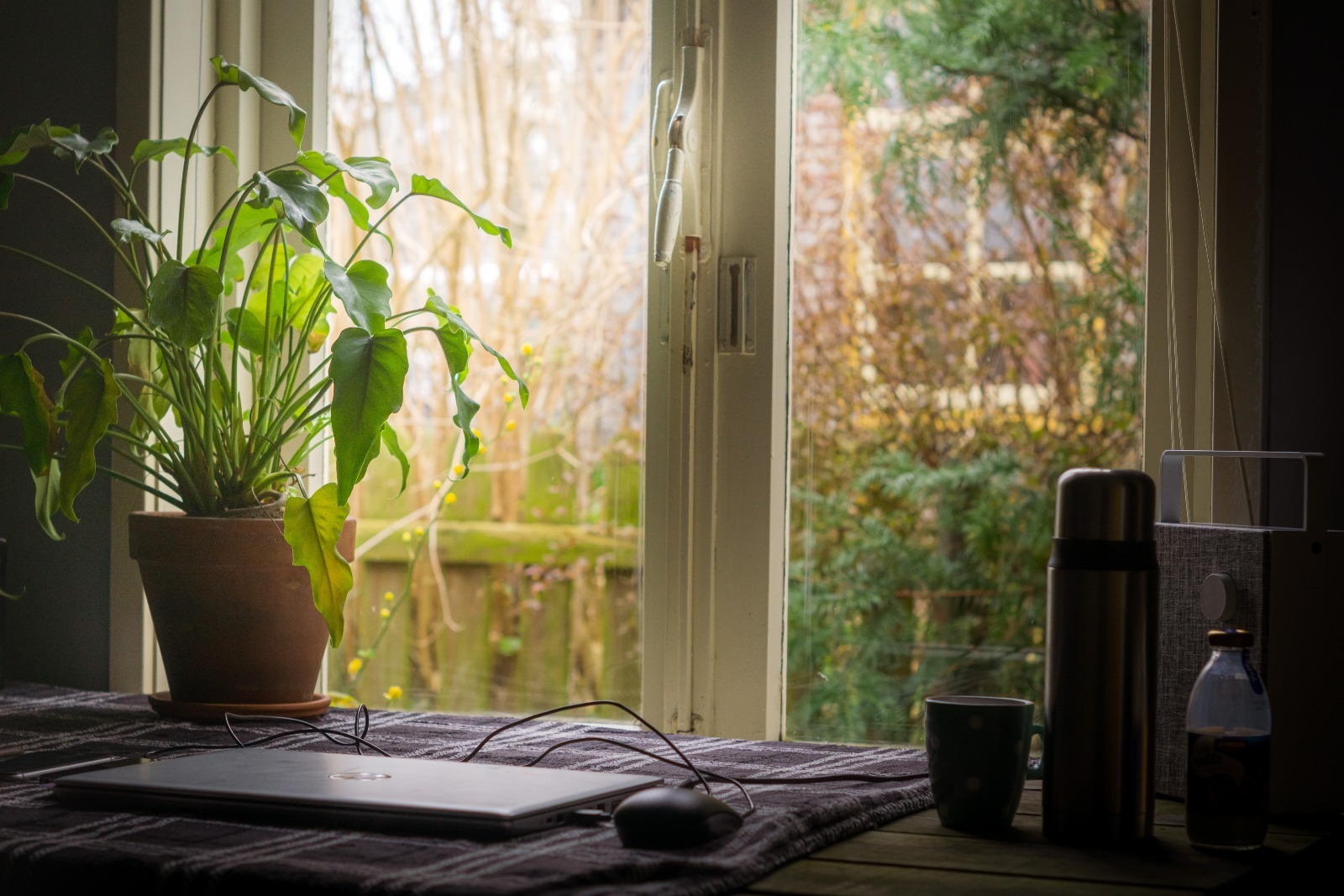Leaving your recovery program and entering straight into society can seem terrifying. Sober living helps provide a buffer and acts as a transition stage. It gives you the opportunity to have more freedom while still being held accountable for your actions and sobriety.
Spero Recovery wants to help get you to your main goal of long-term sobriety.
What Is Sober Living?
Sober living homes are alcohol and drug-free environments that allow you to live in a safe and supportive community while in recovery. They give you the freedom to work and do other things you enjoy with the expectation that you follow their rules and abstain from substance use.
Expectations While in Sober Living
Expectations can vary from facility to facility depending on how strict they are, but some common ones include:
- Abstaining from substances
- Attending support meetings weekly
- Paying rent on time
- Completing assigned chores and tasks
- Participating in house meetings
- Following house rules
- Keeping areas clean
- Abiding by curfew
- Not illegal activity
- Not damaging the property
Benefits of Sober Living on My Recovery
Entering a sober living facility can help you on your recovery journey by:
- Providing a supportive environment to ease yourself back into society
- Helping hold you accountable for maintaining your sobriety
- Giving you somewhere to live while you look for a job or other safe and healthy living arrangements
- Keeping you away from potential triggers
- Imparting guidance to help you maintain your sobriety
- Helping make connections with others on their recovery journey
- Being more affordable than an apartment or other living arrangements
Who Is Spero Recovery?
Spero is a non-profit recovery facility. We use grants and donations to keep the cost of our programs below the national average. This makes us an ideal option for underinsured and uninsured individuals seeking high-quality care and long-term success in sobriety.
Spero Recovery Model
Our programs are based on a 12-Step model, and we use peer-led experiential treatment. Our 12-Step approach does not have a religious affiliation but does follow the same fundamentals. These essentials include:
- Community
- Evaluation of past mistakes
- Working to make amends with those involved
- Working to maintain long-term sobriety
The experiential treatment sessions are led by the alumni of the program. Activities can include things like hiking, cooking classes, sand volleyball, and woodworking. These fun-filled healing sessions give alumni the opportunity to give back to their community, find a sense of purpose, build their confidence, and allow them to communicate with people that are also working to obtain long-term sobriety.
Alumni Connections
It also gives you the chance to connect with someone who has similar experiences to you and who has been successful in completing the program. You may also feel more comfortable in confiding in them. This helps you open up and address the problems and concerns you have regarding your substance use disorder.
Sober Living
We also offer sober living after you complete their recovery treatment program, which acts as a transitional stage between your recovery program and entering into society. There is no time limit or maximum that you are allowed to spend here. The ultimate goal is for you to feel comfortable and confident in your ability to enter society and maintain your sobriety.
Sober living provides you with stability, accountability, and responsibility while still giving you more freedom. You have expectations to meet, such as completing an assigned chore, getting and maintaining a job, keeping your space and common spaces clean, taking random drug tests, going home before curfew, and attending support meetings each week.
Visitors are allowed between certain hours, dependent on the facility. This helps you maintain your relationships outside of the house.
Choosing to enter a sober living facility gives you the chance to still be in a supportive community environment. This can help you stay strong throughout your recovery and prevent relapse. It also helps you make connections with others who have the same goal as you; to reach and maintain long-term sobriety.
The fees and rent you pay cover things like your bed, use of common areas, and amenities. You have access to laundry, a kitchen, dishes, cookware, bedding, tv, internet, and storage space.
There are still things that are not provided, so you may want or need to bring them with you. This includes clothing, toiletries, food, and other comfort items. However, you cannot bring illegal items into the house. You are only allowed to bring prescription medications, but they will be put in a lockbox. This allows you to have access to them when you need them but prevents anyone from being able to abuse them.
Medication-Assisted Treatment
Spero also allows medication-assisted treatment drugs, which include Suboxone, Methadone, Naltrexone, Buprenorphine, and Acamprosate. The best approach is to always double-check that any medication you take is allowed.
Transitioning out of treatment can be a difficult and stressful time. To help decrease the amount of anxiety you may feel and the temptation of relapsing, you may be offered sober living. This is a housing situation where you live with other people in recovery from substance use disorder. This holds you accountable and can help you get acclimated to living outside of treatment. If you are curious about sober living and whether it’s a good fit for your needs while in recovery, reach out to Spero Recovery at (303) 351-7888 for more information today. We want to ensure you have access to everything you need during and after treatment to ensure long-term sobriety.








